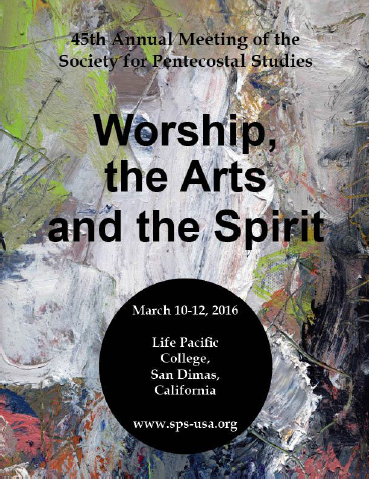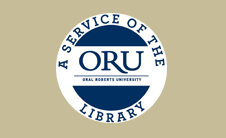Description
No doctrine of Quakerism has sparked so much controversy as the doctrine of "immediate revelation," arguably Quakerism's most central and distinctive tenet. Quakers believed in a doctrine which they called the "Inward Light," which they understood to be the real living, spiritual presence of Christ witnessing and teaching them directly, without "outward" mediation of Church hierarchies, sacraments or liturgies, or even of Scripture itself. The idea that direct access to God is possible without the mediation of official ecclesial or political hierarchies is indeed radical, with quite radical implications. The essential task of Quakerism's first 50 years (1650-1700) was essentially taken up with working out the implications of this radical tenet, both within the burgeoning Quaker movement, and without, through apologetic engagement with an often quite hostile wider society and governing authorities. The evolution of Quaker discourse about the immediacy of the Inward Light evolved from impromptu prophecies and exhortations, to polemical tracts, to apologetic treatises, and, finally to the polished scholarly work of early Quakerism's most articulate and enlightened apologist and theologian, Robert Barclay (1649-1690). Joseph Pfeiffer, “In Search of an Alternative Enlightenment” - 2 - In this paper, I want to briefly overview the emergence of the Quaker doctrine of immediate revelation (Inward Light) as a popular social phenomenon, within the context of nascent enlightenment impulse. This will involve proposing that we look at Enlightenment, not only as a monolithic intellectual project of the 18th century, but as a complex emergent social and historical phenomenon with multiple variations, through the Early Modern, and into the Modern period. Then, I wish to examine how Robert Barclay (1648-1686), the early Quaker apologist, articulated one religious strand of this impulse (the Quaker epistemology of immediate revelation) and attempted to contribute a Quaker voice to the emerging Enlightenment of the late 17th century. Finally, I will suggest ways in which Barclay's articulation may be helpful in the early 21st century, as we are in a critical reappraisal of the Modern Enlightenment project.
“In Search of an Alternate Enlightenment: The Early Quaker Contribution to a Spiritual-pneumatological Epistemology”
No doctrine of Quakerism has sparked so much controversy as the doctrine of "immediate revelation," arguably Quakerism's most central and distinctive tenet. Quakers believed in a doctrine which they called the "Inward Light," which they understood to be the real living, spiritual presence of Christ witnessing and teaching them directly, without "outward" mediation of Church hierarchies, sacraments or liturgies, or even of Scripture itself. The idea that direct access to God is possible without the mediation of official ecclesial or political hierarchies is indeed radical, with quite radical implications. The essential task of Quakerism's first 50 years (1650-1700) was essentially taken up with working out the implications of this radical tenet, both within the burgeoning Quaker movement, and without, through apologetic engagement with an often quite hostile wider society and governing authorities. The evolution of Quaker discourse about the immediacy of the Inward Light evolved from impromptu prophecies and exhortations, to polemical tracts, to apologetic treatises, and, finally to the polished scholarly work of early Quakerism's most articulate and enlightened apologist and theologian, Robert Barclay (1649-1690). Joseph Pfeiffer, “In Search of an Alternative Enlightenment” - 2 - In this paper, I want to briefly overview the emergence of the Quaker doctrine of immediate revelation (Inward Light) as a popular social phenomenon, within the context of nascent enlightenment impulse. This will involve proposing that we look at Enlightenment, not only as a monolithic intellectual project of the 18th century, but as a complex emergent social and historical phenomenon with multiple variations, through the Early Modern, and into the Modern period. Then, I wish to examine how Robert Barclay (1648-1686), the early Quaker apologist, articulated one religious strand of this impulse (the Quaker epistemology of immediate revelation) and attempted to contribute a Quaker voice to the emerging Enlightenment of the late 17th century. Finally, I will suggest ways in which Barclay's articulation may be helpful in the early 21st century, as we are in a critical reappraisal of the Modern Enlightenment project.





